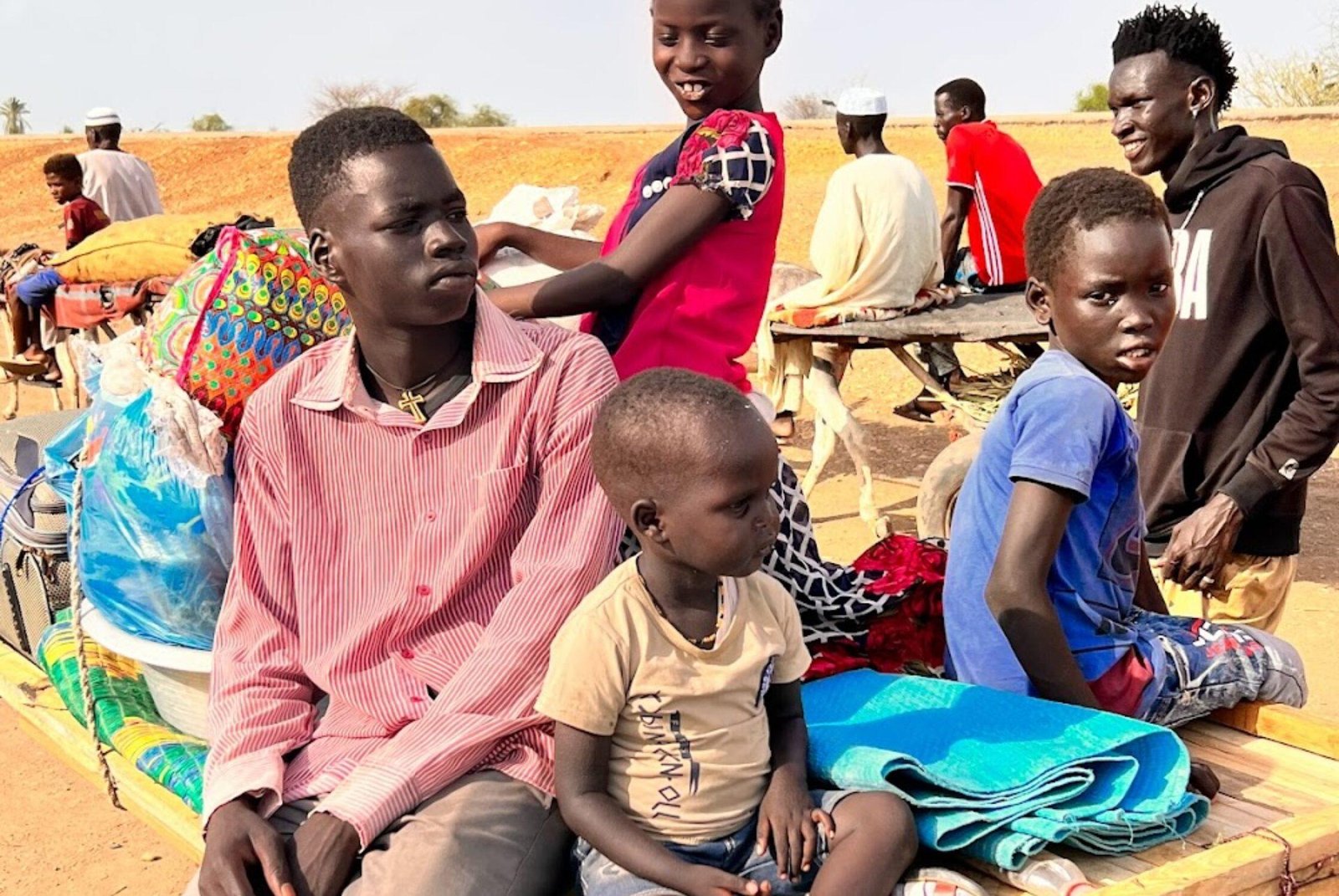
In the vast expanse of human history, the fall of dictatorships has often been hailed as a beacon of hope. Sudan, a nation long shackled by the oppressive grip of autocratic rule, embarked on such a journey in 2019, casting off the chains of Omar al-Bashir’s iron-fisted regime. The euphoria of liberation filled the air as the Sudanese people celebrated their newfound freedom. However, three years later, the path forward for Sudan remains shrouded in uncertainty. Widespread protests, economic turmoil, and political instability have cast a shadow upon the nation’s fragile transition. This article delves into the complexities of Sudan’s post-revolution era, exploring the factors that have both hindered and fostered progress, and examining the challenges that lie ahead as this resilient nation strives to carve out its future beyond the era of despotism.
– Sudans Uprising Against Oppression: A Chronicle of Revolution
The Spark That Ignited a Revolution
The 2018-2019 uprisings in Sudan were a culmination of years of simmering discontent under oppressive regimes. Protests initially erupted over the government’s decision to end fuel subsidies. However, the demonstrations quickly evolved into a broader movement against the regime of President Omar al-Bashir, who had held power for nearly 30 years.
A Timeline of Unrest
December 2018: Protests erupt over fuel price hikes.
January 2019: Protests escalate and spread across the country.
April 2019: Army removes President Bashir after a six-week sit-in in front of military headquarters.
June 2019: Transitional Military Council (TMC) established under General Abdel Fattah al-Burhan.
* August 2019: Power-sharing agreement reached between the TMC and the opposition Forces for Freedom and Change (FFC).
| Year | Event | Outcome |
|—|—|—|
| 2011 | Popular uprisings in Sudan | Overthrow of President Omar al-Bashir |
| 2018 | Protests against fuel subsidy cuts | Spark of widespread unrest |
| 2019 | Formation of the Sudanese Professionals Association (SPA) | Led organization and coordination of protests |
| 2019 | June massacre in Khartoum | Over 100 protesters killed |
| 2019 | Military-civilian power-sharing agreement | Transition to civilian rule |
- The Road Ahead: Challenges and Opportunities for Sudans Transformation
The Road Ahead: Challenges and Opportunities for Sudan’s Transformation
The journey towards democratic transformation in Sudan has been fraught with obstacles, complexities, and missed opportunities. The recent political turmoil and economic crisis have laid bare the challenges that Sudan must overcome to build a stable and prosperous society.
Challenges
- Persistent security threats, both domestic and external
- Lack of political consensus, leading to instability and polarization
- Widespread poverty and unemployment, exacerbating social and economic disparities
- Corruption and mismanagement of public funds
- Ethnic and tribal tensions, posing risks to national unity
Opportunities
- The Sudanese people’s resilience and determination to build a better future.
- The international community’s support for Sudan’s democratic transition.
- Rich natural resources, which if managed sustainably, could provide economic growth.
- A young population, which could be harnessed for innovation and entrepreneurship.
- Historical and cultural diversity, offering a potential for national reconciliation and unity.

– Recommendations for Stabilizing Sudans Fragile Democracy
Recommendations for Stabilizing Sudan’s Fragile Democracy
To ensure the longevity and stability of Sudan’s democratic transition, several key recommendations must be implemented:
- Foster Inclusive Governance: Promote the participation of marginalized groups, including women, youth, and ethnic minorities, in decision-making processes. Strengthen institutions that safeguard human rights and promote accountability.
- Bolster Economic Development: Create a conducive environment for economic growth by attracting foreign investment, developing infrastructure, and diversifying the economy. Implement policies that address poverty and inequality to build a more equitable society.
To Wrap It Up
As Sudan continues its tumultuous journey, the future remains uncertain. The path forward will be fraught with challenges, but the spirit of the Sudanese people burns ever bright. With their unyielding determination and the support of the international community, Sudan has the potential to emerge from this difficult period as a beacon of hope and democracy for the entire region.

